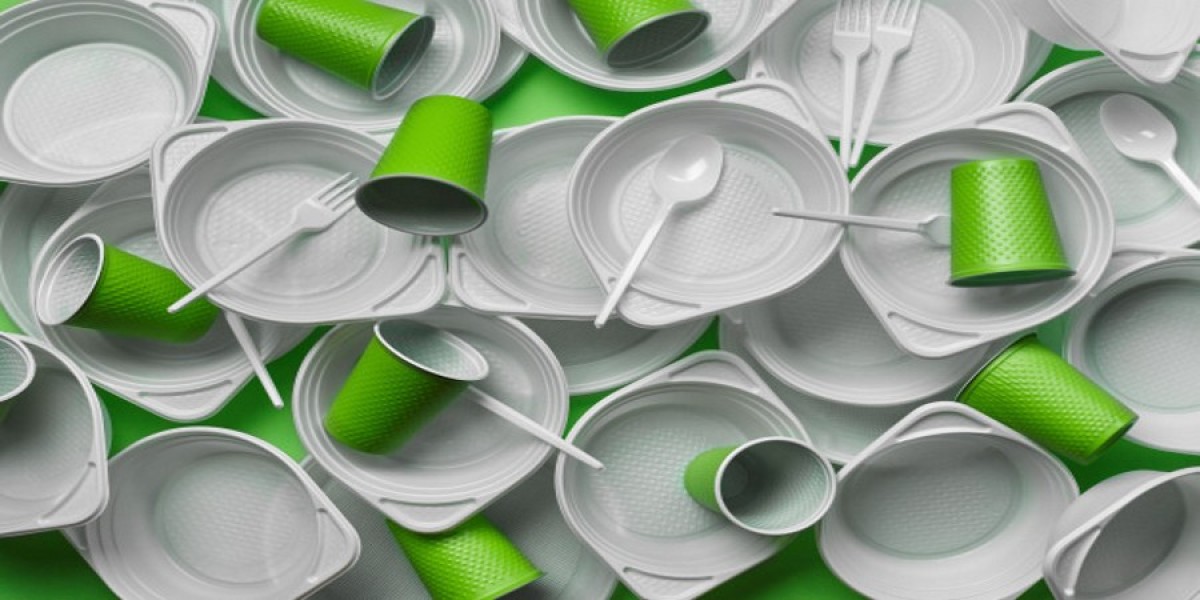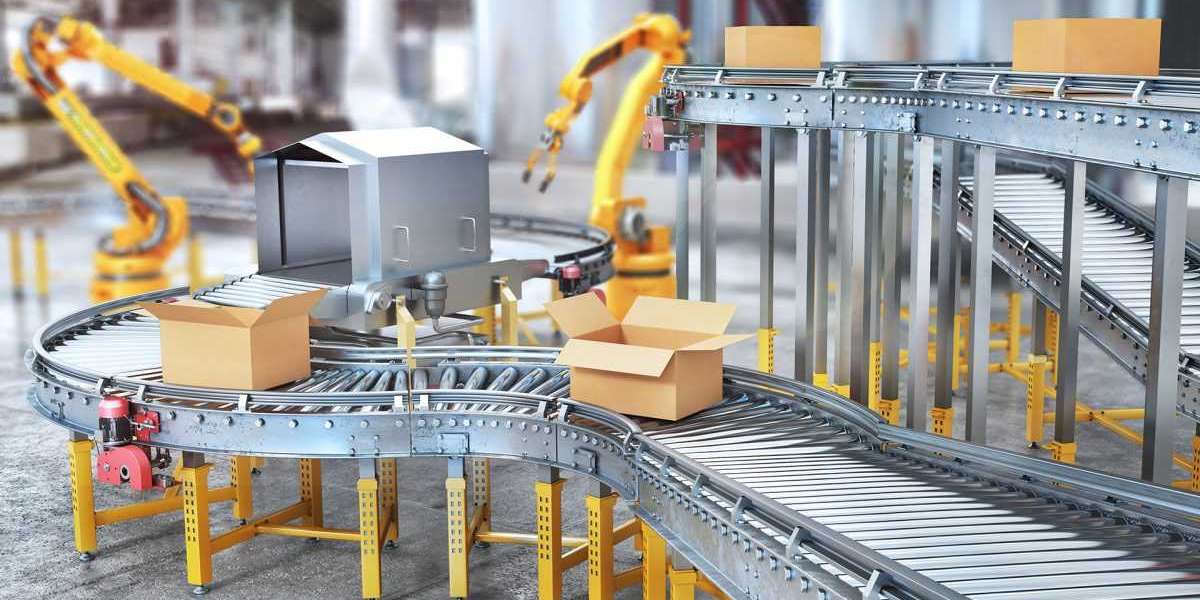In today's environmentally conscious world, businesses in every industry are expected to adopt sustainable practices, and the food service industry is no exception. As the owners of an eco-friendly restaurant, we’ve always prioritized sustainability in every facet of our operations—from sourcing organic, local ingredients to minimizing food waste. One of the most impactful decisions we made was choosing bagasse tableware over traditional single-use plastic or Styrofoam products. Below, we’ll discuss why this choice aligns with our values, how it enhances our sustainability goals, and the many benefits bagasse offers to both our business and the environment.
1. What is Bagasse and Why It Matters
Bagasse is the fibrous residue left after extracting juice from sugarcane. Traditionally considered a waste byproduct, it’s now gaining prominence as an eco-friendly alternative in the production of disposable items, especially in the foodservice industry. Bagasse is fully biodegradable and compostable, making it an ideal material for creating tableware such as plates, bowls, and cups.
Choosing bagasse tableware was a conscious decision for our restaurant because it’s in line with our mission to reduce our environmental footprint. Instead of contributing to the mountains of plastic waste that fill landfills, bagasse products break down naturally, usually within 60 to 90 days, when composted under the right conditions.
Environmental Benefits of Bagasse Tableware
The first and foremost benefit of using bagasse is its eco-friendliness. Because it is derived from renewable sugarcane crops, it doesn’t rely on fossil fuels or other non-renewable resources. Bagasse production requires significantly less energy than plastic and Styrofoam alternatives, contributing to a lower carbon footprint. Additionally, since it decomposes relatively quickly, it reduces waste in landfills.
Using bagasse helps in:
- Reducing plastic pollution.
- Promoting the use of agricultural byproducts.
- Supporting composting initiatives, which can return nutrients to the soil.
Given our commitment to environmental stewardship, the use of bagasse tableware was a natural fit.
2. Practicality and Performance: A Seamless Dining Experience
For any restaurant, it’s essential that tableware not only aligns with sustainability values but also performs effectively. We were initially concerned that eco-friendly products might not hold up under the daily rigors of food service. However, bagasse tableware has exceeded our expectations in terms of durability, heat resistance, and versatility.
Durability and Heat Resistance
Unlike traditional paper-based products, bagasse tableware is sturdy and can handle both hot and cold foods without warping or leaking. The structural integrity of bagasse items ensures that they won’t collapse under the weight of food, even when handling sauces, oils, or heat. This is especially important in a restaurant setting where customers expect their meals to be served without any mess or inconvenience.
The heat resistance of bagasse also makes it ideal for serving hot dishes like soups, curries, and pastas. It can withstand temperatures up to 200°F (93°C) without softening, making it a more reliable option than Styrofoam or some paper-based containers.
Versatility for Our Menu
Our restaurant offers a wide variety of dishes, from salads and sandwiches to hearty soups and stews. The versatility of bagasse tableware allows us to serve all these options without needing multiple types of tableware materials. Plates, bowls, and cups made from bagasse are available in various sizes and shapes, providing flexibility while maintaining a cohesive, eco-friendly aesthetic throughout our service.
3. Supporting Responsible Production: Choosing the Right Bagasse Products Manufacturer
A key aspect of integrating bagasse tableware into our restaurant was ensuring that we partnered with the right Bagasse Products Manufacturer. While the material itself is sustainable, the manufacturing process can vary in terms of environmental impact. We carefully researched suppliers that prioritize ethical production practices, low-energy manufacturing processes, and minimal water use. This due diligence helped us ensure that the environmental benefits of using bagasse were not compromised by the production phase.
By partnering with manufacturers that adhere to these strict guidelines, we are confident that the products we use align with our overall mission to reduce our carbon footprint. In doing so, we also support the larger movement toward more sustainable manufacturing practices in the foodservice industry.
4. Customer Perception: A Positive Impact on Our Brand
In addition to its environmental benefits and performance, bagasse tableware has played a significant role in how our customers perceive our restaurant. More and more diners today are seeking businesses that demonstrate a commitment to sustainability. Using eco-friendly materials like bagasse sends a clear message to our clientele that we prioritize the health of the planet alongside providing excellent food and service.
Enhanced Customer Loyalty
We’ve found that using bagasse products has resonated strongly with our target audience, who are often environmentally conscious and aware of the impact of their consumer choices. Many of our customers appreciate the extra steps we’ve taken to ensure that our restaurant operations are as sustainable as possible. This has helped us build a loyal customer base that values our commitment to eco-friendly practices.
Aesthetic Appeal and Brand Alignment
Aside from sustainability, the natural appearance of bagasse adds a rustic, organic touch to our dining experience, which aligns with our brand's earthy and natural aesthetic. The subtle, off-white color of bagasse products complements the decor of our restaurant, reinforcing the message that we are an establishment deeply connected to nature.
5. Cost Considerations and Long-Term Savings
While eco-friendly products like bagasse tableware can be slightly more expensive than conventional plastic or Styrofoam options, we believe the long-term benefits far outweigh the initial costs. Bagasse items tend to be competitively priced, especially when purchased in bulk from a reputable Bagasse Products Manufacturer. Furthermore, the overall reduction in environmental damage, landfill waste, and potential regulatory fines associated with using non-biodegradable materials offsets any short-term expenses.
Moreover, as more businesses adopt sustainable practices, the demand for bagasse products has increased, leading to more competitive pricing from manufacturers. In the near future, we expect the cost difference between eco-friendly and conventional tableware to narrow even further, making bagasse an even more viable option for restaurants looking to improve their sustainability.
Conclusion: Sustainability Meets Practicality
Choosing bagasse tableware for our eco-friendly restaurant was not only a reflection of our commitment to the environment but also a practical choice for our business. Bagasse products provide a perfect blend of durability, heat resistance, and aesthetic appeal, ensuring that our customers enjoy a seamless dining experience. Partnering with a responsible Bagasse Products Manufacturer allowed us to ensure that every stage of our supply chain adheres to our values.
As consumer demand for sustainable products continues to rise, we believe our decision to use bagasse tableware has strengthened our brand and solidified our place in the eco-friendly restaurant industry. Ultimately, it’s not just about the materials we use but the message we send—that a greener future is possible through thoughtful, responsible choices. By embracing bagasse tableware, we’re helping to reduce waste, minimize environmental impact, and promote a more sustainable future for all.



